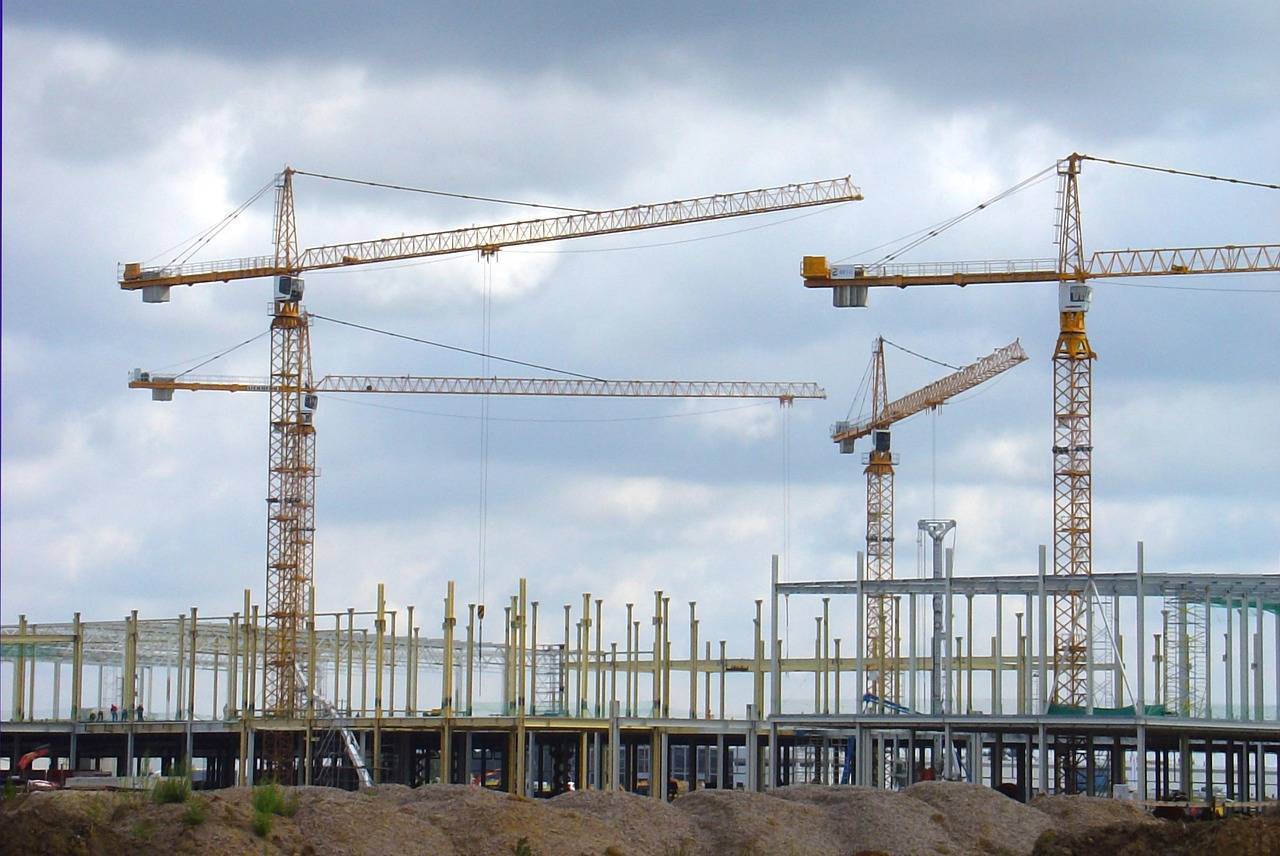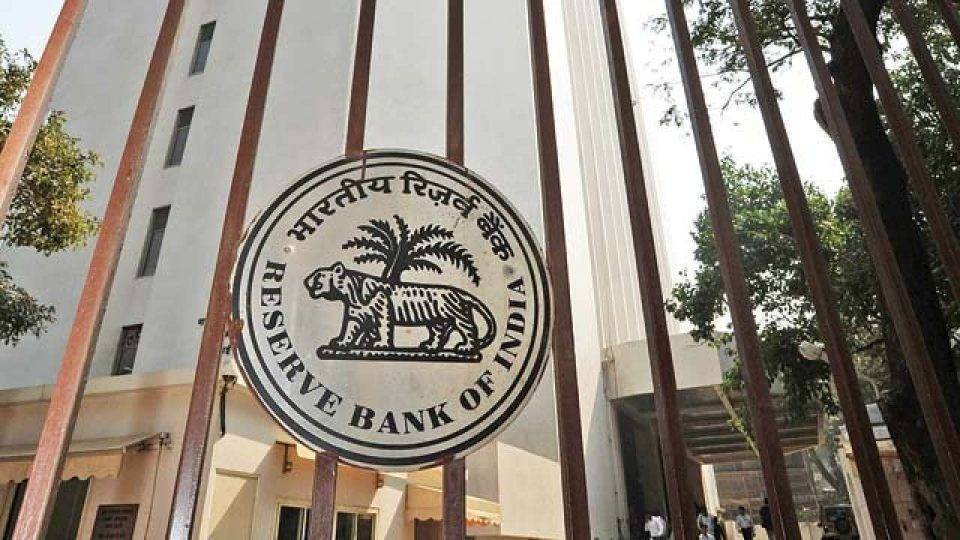The Tamil Nadu government has introduced a groundbreaking scheme that offers instant online approval for building permits for residential plots up to 2,500 square feet, with a maximum construction area of 3,500 square feet. This initiative is designed to streamline the approval process, significantly benefiting middle-class families and encouraging more house construction across the state. Applications for these permits can now be submitted online, a move that has been hailed by the real estate industry as a major step forward in promoting efficient and transparent building practices.
The new scheme module, titled ‘Building Plan Approval on Self Certification,’ was introduced following an announcement made during this year’s budget. It allows for the sanction of building permissions based on self-certification, eliminating the need for a completion certificate for approval. This change is particularly aimed at easing the process for those building residential structures with ground or ground plus one floors, not exceeding a height of seven meters, on plot sizes up to 2,500 sqft and a built-up area up to 3,500 sqft.
Waived Fees and Simplified Process
Under the new scheme, several fees typically associated with building permits, including scrutiny, infrastructure, and amenities fees, are fully waived. Additionally, a completion certificate, which is usually required after the construction is completed, is no longer necessary. This removal of financial and bureaucratic barriers is expected to make it easier and more cost-effective for individuals to build homes, thus addressing a significant pain point in the real estate development process.
Streamlining the Approval Process
Under the previous system, applications, along with drawings, had to be uploaded to the single window portal, after which they were subject to scrutiny by an officer. This process often took between 30 to 45 days. With the new norms, residential plot owners can now enter their details on the portal and receive instant approval through self-certification, provided they adhere to the prescribed guidelines. These guidelines include leaving a front setback of 1.5 meters and a side setback of one meter. The back setback can be nil, but in some cases, the side setback could be two meters on one side.
To utilize this self-certification process, applicants must provide five essential documents: building plans signed by registered professionals (in PDF format), registered sale deeds, patta, approved layout documents, and a site photograph. This new process has been likened to filing a bank application in its simplicity and efficiency.
Charges levied by authorities for the approval will vary depending on the jurisdiction, ranging from town panchayats to municipalities and corporations. However, the new system will be implemented across the state, including in Chennai.
Industry Response
The real estate sector has responded positively to this initiative. Anuj Puri, Chairman of ANAROCK Group, remarked that the Tamil Nadu government’s announcement is unprecedented and will facilitate faster real estate approvals. By eliminating significant hurdles, this scheme aims to reduce project delays and mitigate the risk of malpractices. S Sridharan, Vice President (South) of CREDAI National, praised the initiative, noting that it will significantly aid the public and small developers. The removal of the need to wait for planning permission and a completion certificate is expected to expedite construction projects and reduce bureaucratic delays.
Securing the necessary governmental approvals has historically been one of the major challenges for builders, often leading to project delays. These delays not only slow down the development process but also result in cost escalations, which are typically passed on to homebuyers. By removing these obstacles, the Tamil Nadu government is making it more convenient for developers to operate efficiently. As a result, this initiative is expected to prevent the price increases caused by delays, ultimately benefiting homebuyers by keeping housing prices more stable and affordable.
Impact on New Project Launches
The impact of this initiative could be particularly significant in Chennai, where the number of new real estate launches has recently seen a decline. According to ANAROCK Research, new launches in Chennai dropped by 29% in the second quarter of 2024 compared to the first quarter of the year and saw only a 3% year-on-year increase. This trend reflects the broader challenges faced by developers, including the lengthy and complex approval processes.
With the introduction of easier and faster approvals, it is anticipated that developers will be more inclined to launch new projects, thereby increasing the supply of housing in the market. Currently, Chennai has seen a total of 10,530 units launched in the first half of 2024, making it the second lowest among the top seven cities in India, after Kolkata. This new scheme could play a crucial role in reversing this trend by making it more attractive and feasible for developers to initiate new projects.
Addressing Historical Challenges
The real estate industry has long struggled with obtaining the necessary government approvals, which has been a significant barrier to timely project completion. Delays in approvals have often led to cost overruns, which developers then pass on to homebuyers. This new scheme aims to tackle these issues head-on by offering a streamlined and transparent process that reduces the time and financial burden on developers.
Benefits to Homebuyers
For homebuyers, the benefits of this scheme are manifold. Faster project approvals mean that new housing projects can come to market more quickly, increasing the supply of homes and potentially stabilizing or even reducing prices. Additionally, the removal of certain fees lowers the overall cost of construction, savings that developers may pass on to buyers. The elimination of the completion certificate requirement simplifies the process for individuals constructing their own homes, making it more accessible for the middle class.
Future Outlook
While the success of this initiative will depend on its effective implementation, the initial response from the industry is overwhelmingly positive. If executed well, this scheme has the potential to transform the real estate landscape in Tamil Nadu, leading to faster project completions, reduced costs, and increased housing availability. This move is not only a win for developers but also for homebuyers, who stand to benefit from more affordable housing options and a more transparent real estate market.
Conclusion
The Tamil Nadu government's initiative for instant online approval of building permits represents a significant advancement in the state’s real estate sector. By waiving various fees and removing the requirement for a completion certificate, the scheme is set to reduce the time and cost associated with obtaining building permits. This change is expected to encourage more middle-class families to build homes and stimulate the real estate market by making it easier for developers to launch new projects.
Image source- Pinterest









.png)